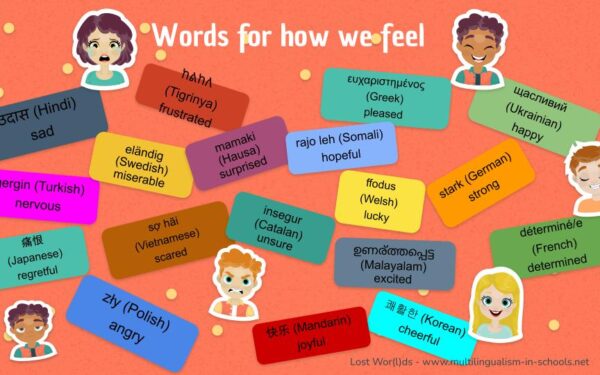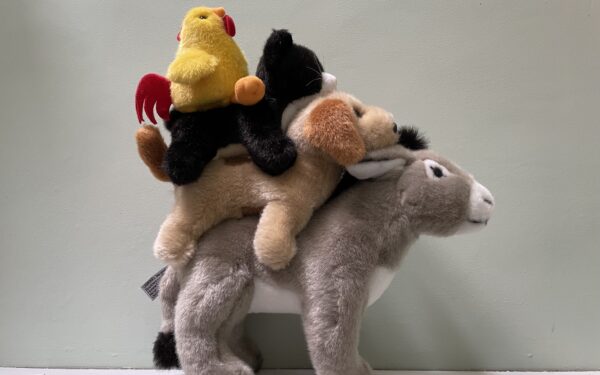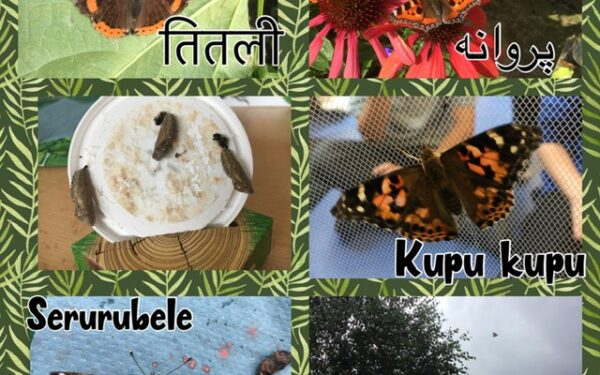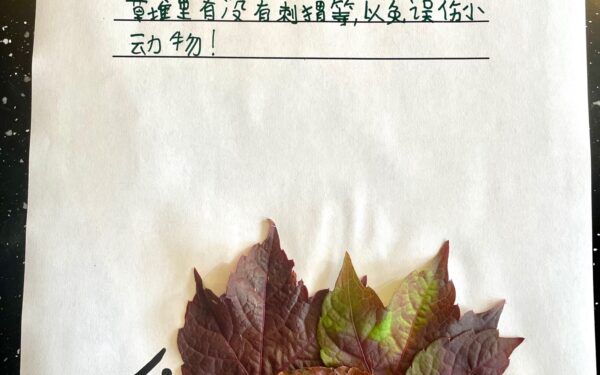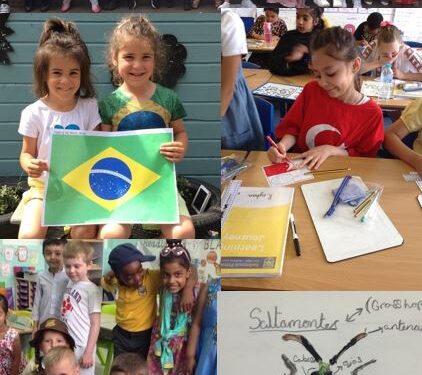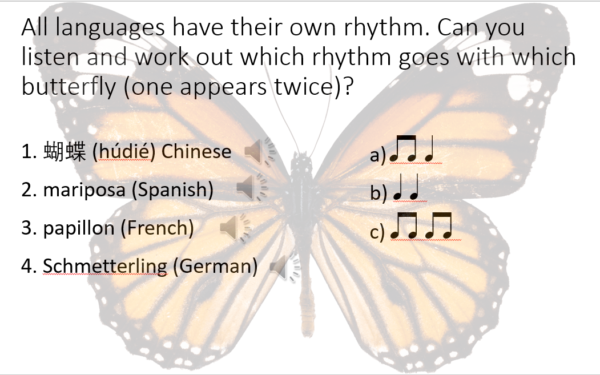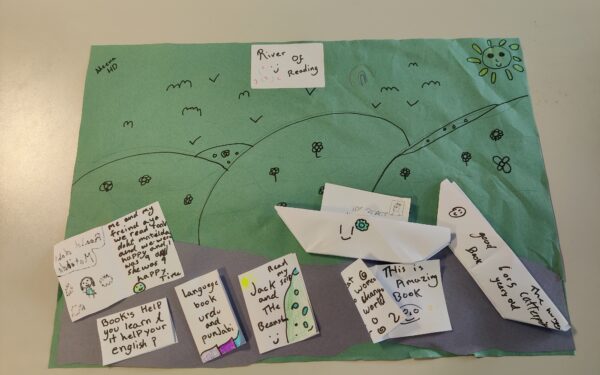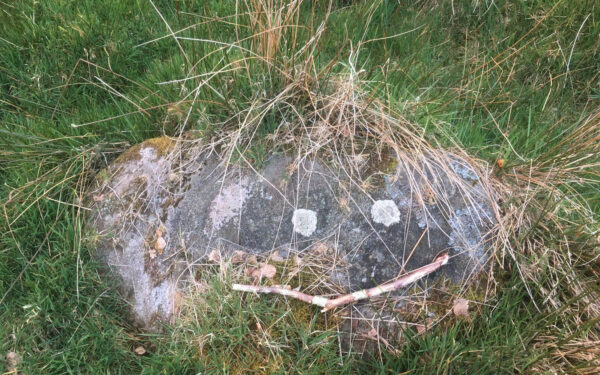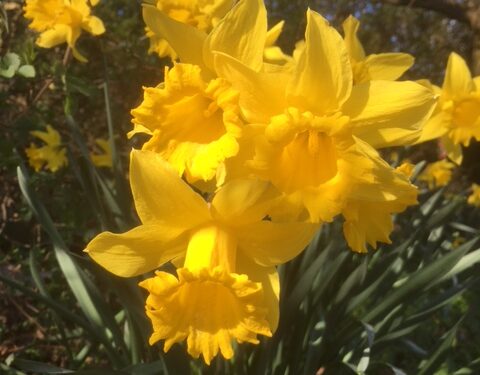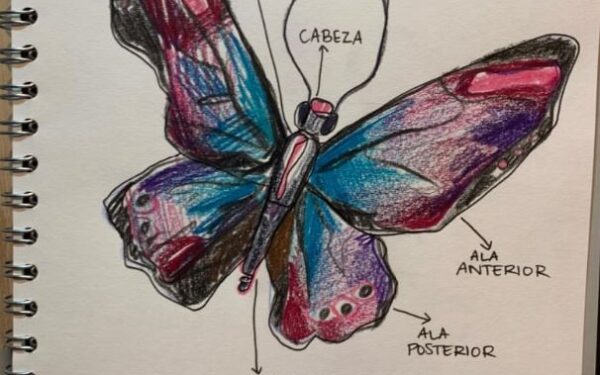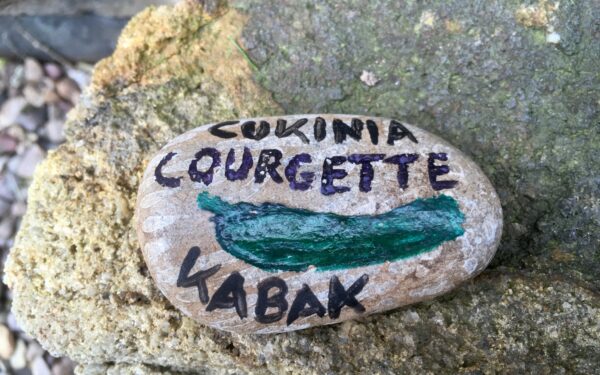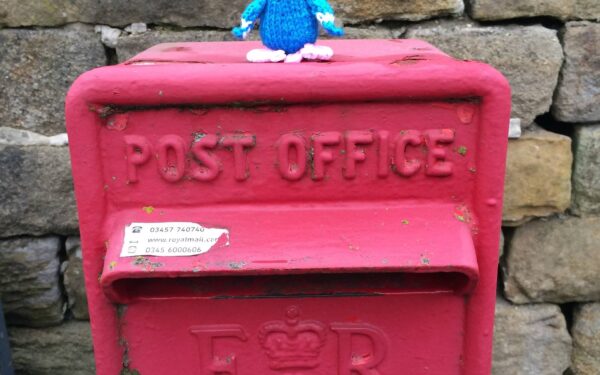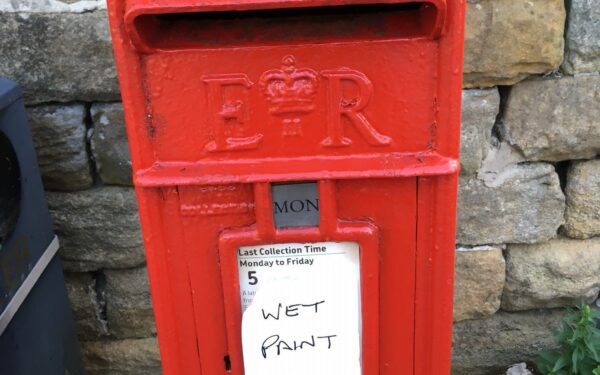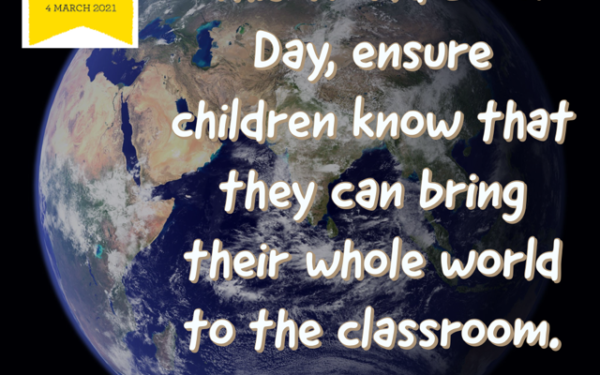It’s Empathy Day on 6th June – a great opportunity to use multilingualism in the classroom as a way to encourage interest in, and engagement with, each others’ languages. Here are four simple ideas.
Read MoreMultilingual storytelling or shared reading
Every time we share a story with children, we have a fantastic opportunity to enable children to build on their language awareness, learn from each other, and enhance their linguistic repertoire. Check out this activity to gain some confidence in enhancing children’s linguistic repertoire through storytelling.
Read MoreMultilingual Me
This activity is designed to celebrate a child’s achievements in language learning and allows pupils to explore different aspects of their language abilities. It is a way to record a pupil’s language competencies in speaking, writing and reading other languages as well as their aspirations for learning other languages. It would work well as part […]
Read MoreTeachers’ strategies for teaching multilingual pupils – Andrea Morrisroe
This summer I undertook a dissertation as part of a Master’s in Education, specialising in Early Childhood Education. As an Early Years class teacher in primary education for many years, I have always had an interest in language acquisition. This interest developed further as increasing numbers of children were starting school with little or no English. Over time my school developed a policy towards EAL which ensured that effective strategies for supporting pupils with EAL were embedded and the use of home language was encouraged and celebrated.
Read MoreLost Wor(l)ds and COP26
From October 31st to November 12th, the 26th United Nations Climate Change Conference is taking place in Glasgow. To celebrate COP26, we have put together a “Calendar of Events”: for each day of COP26, we are focusing on one specific activity. Some are aimed simply at valuing and appreciating nature, while others are more directly linked to activism and driving change at local level.
Read MoreLeafy hedgehogs
For COP26, we put together a calendar of activity ideas, including the creation of leafy hedgehogs. Here, we offer for downloading a simple leafy hedgehog template with space for children to write the word ‘hedgehog’ in another language, and well as three different templates to encourage people to check their bonfires for hedgehogs, this helping and protecting our spiky friends. Each poster has space to include the message in a language other than English, and we would love to see your results!
Read MoreSellincourt Primary “Feature School”
Sellincourt Primary School is located in London and its student population reflects the incredible diversity without our capital city. We know that acknowledging and incorporating pupils’ home languages into their formal learning has positive effects not just on language development and learning in general, but also on important aspects of well-being such as integration and belonging. We were delighted to see how Sellincourt Primary utilised Lost Wor(l)ds activities to celebrate the diversity amongst their pupils. The X form entry school dedicated an entire day in June, to celebrating the connection between language, cultural identity and nature with ‘International Languages Day’.
Read More(Minibeast) Speech Song
A perfect activity for music lessons, planning performances, showcasing multilingual talent. While the resources are based on minibeasts, once children have grasped the concept, any topic can be used. Children bring in their home languages to explore the rhythm of language – would you clap “grasshopper” different from “butterfly”? How do long and short syllables […]
Read MoreGladstone Primary ‘Feature’ School
‘Rivers of Reading’ aims to explore children’s reading of books, magazines and words in whatever form they are produced and connect the places and people they learn and read with. The different places in which children read can include home, school, a place of worship or even round at a friend’s or neighbour’s house! The […]
Read More100 Feathers
The “100 Feathers” activity is designed to encourage children to think about people’s stories, by writing a story themselves. We are hoping to collect 100 stories from children, for the 100 feathers flying through the world. This activity is part of Refugee Week and the Migration Matters Festival.
Read More30 Days Wild – Multilingual
Every year in June, The Wildlife Trusts run the 30 Days Wild challenge – a challenge to do an activity linked to nature, every day, for the whole month. When we recently met up with our local Wildlife Trust (Sheffield and Rotherham Wildlife Trust), we suggested the idea of putting together a multilingual version of 30 Days Wild, suitable both for children growing up multilingual, and for those learning another language at school.
Read MoreTranslating and Creating Poetry
This activity gives pupils an opportunity to think about the act of translation, focusing on language as well as meaning. They are supported through translating a 1,300 year-old poem by Li Bai, a famous Chinese poet. The poem, “Quiet Night Thoughts”, uses a simile and simple language to explore the feeling of loneliness when being away from home.
Read MoreRecycling
This activity is focused on promoting recycling in every classroom, across schools and extending these good habits into children’s homes. The emphasis is on understanding the different types of waste produced in the classroom, identifying them in different languages and how we should deal with them. The final stage in the activity is to create […]
Read MoreSpring Scavenger Hunt
Our Winter Scavenger Hunt has been our most downloaded activity so far, so we hope that our spring version will be equally useful. With lots of opportunities to identify plants and birds, this is the perfect activity to get children outdoors, and use all their languages to explore nature around them.
Read MoreNature Egg / Star Hunt
Teach children to enjoy nature without disturbing it, while also enabling them to explore colours in nature and in their home languages. Although timed for Easter, we are sharing two sets of worksheets – one with eggs and one with stars, to ensure the activity is suitable all year round. Children cut out the shape and use the hole as a frame to go on a colour hunt in nature, with space to write colours in home languages, and, if they can, to name some of the items they find in nature.
Read MoreLost Wor(l)ds and Secondary School
Today in the International Day of Multilingualism – the perfect day to address a question we have been hearing a lot from teachers: is Lost Wor(l)ds just for primary? Are there ways to integrate multilingualism into secondary school? The answer to the first question is a resounding “no”, and the answer to the second question is a resounding “yes”!! This blog post gives some ideas on how to adapt Lost Wor(l)ds activities for secondary school.
Read MoreA multilingual school allotment/garden
The school garden is a prime space to make multilingualism visible, get children interested in nature, healthy eating, and conservation, and to bring creativity to the learning environment. The premise is simple – encourage children to help label the plants, drawing on their language skills. This activity is so straightforward that we have not included a lesson plan as such, but below are some ideas, suitable for different age ranges and materials, for creating suitable labels – please make your own judgment regarding suitability for the children in your care. We would love to see yours, to add them to the photo gallery below!
Read MoreLetters for Change
We’ve just launched ‘Letters for Change’ and wanted to take the opportunity to reflect on why the connection between language, place and environmental challenges are so important right now. ‘Lost Wor(l)ds’ is about connecting language to nature, which also includes protecting the natural world. Greta Thunberg inspired children and governments across the world with her […]
Read MoreLetters for Change
This activity seeks to develop children’s understanding of global environmental issues and their connection to language. Children can use heritage language/s (words and phrases or the whole text) to produce a piece of persuasive writing calling for change in respect to a global environmental challenge. The aim is to improve writing skills, extend language knowledge […]
Read MorePutting the World into World Book Day
Concrete ideas on how to make multilingual reading visible in school – this World Book Day and beyond. Includes downloadable award certificate for multilingual readers.
Read More